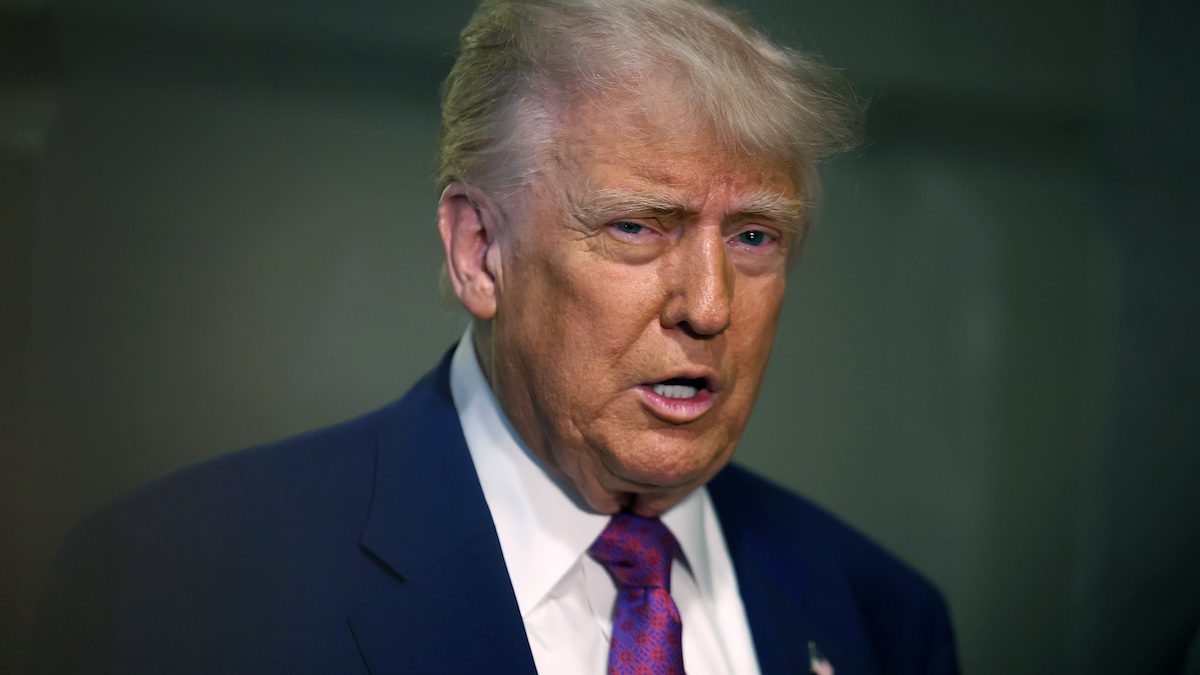
In a scathing 73-page opinion, U.S. District Judge Richard J. Leon struck down President Donald Trump‘s March 2025 executive order targeting WilmerHale, one of the nation’s largest law firms, calling the move “unconstitutional” and “unfaithful to the judgment and vision of the Founding Fathers.”
The decision delivers a strong rebuke to what the court framed as Trump’s misuse of executive power to punish perceived political enemies.
The executive order at the heart of the case
Trump is lashing out with new executive orders targeted specifically at law firms like Jenner&Block and WilmerHale.
— Steve Cohen (@RepCohen) April 2, 2025
Why? Because they had the guts to hold him accountable.
Trump can't understand and doesn't care about the Constitution, checks & balances, none of it. He wants… pic.twitter.com/8a8QxFUeAK
The case, WilmerHale v. Executive Office of the President, centered on Executive Order 14250, titled “Addressing Risks from WilmerHale.” The order was part of a broader effort to retaliate against law firms involved in investigations and litigation against Trump or his first administration.
Following similar executive actions, the order aimed to strip the firm and its employees of security clearances. It also pressured federal contractors to sever ties with the firm and limit its access to federal resources and buildings.
Trump’s justification? The firm had represented clients in cases he considered hostile, including the House Ways and Means Committee’s effort to obtain his tax returns and former Special Counsel Robert Mueller’s Russia investigation team.
The executive order accused WilmerHale of “abusing its pro bono practice,” “supporting efforts to discriminate,” based on race, and “furthering the degradation of the quality of American elections” — allegations the court found unsubstantiated and politically motivated.
The court’s verdict: A Constitutional smackdown
Just in: important win for law firms fighting back against Trump's unlawful retaliation.
— Rob Freund (@RobertFreundLaw) May 27, 2025
WilmerHale wins summary judgment; EO targeting them is unconstitutional. pic.twitter.com/mpp8xNDu6O
Judge Leon, appointed by President George W. Bush, ruled that the order violated multiple constitutional protections, including the First and Fifth Amendments, as well as the principles of separation of powers. “To rule otherwise,” the judge wrote, “would be unfaithful to the judgment and vision of the Founding Fathers!”
Leon emphasized that an independent legal profession is a bedrock principle of American democracy. By targeting WilmerHale for engaging in protected legal advocacy — particularly on behalf of unpopular or adversarial clients — the executive order chilled free speech and disrupted attorney-client relationships, a violation of both the firm’s and its clients’ First Amendment rights.
Further, the court found that the suspension of security clearances without individualized review violated due process. The order was “unprecedented,” the judge noted, comparing it unfavorably to the McCarthy-era targeting of suspected communists.
The larger Pattern: Trump’s legal score-settling
WilmerHale was not the only firm targeted. The March 2025 order came on the heels of similar executive actions. These actions collectively formed what critics have dubbed Trump’s “revenge campaign” against the legal community. In several campaign and post-election speeches, Trump openly threatened law firms that had worked against him, warning, “those people that CHEATED will be prosecuted to the fullest extent of the Law,” and adding, “[p]lease beware that this legal exposure extends to Lawyers.”
Why WilmerHale?
The animus toward WilmerHale stemmed in part from its association with Robert Mueller, who rejoined the firm after serving as Special Counsel. The firm also represented clients in litigation challenging Trump’s actions, including whistleblowers and Democratic campaigns. As Judge Leon noted, such representation “is not only permitted, but protected under the Constitution.”







